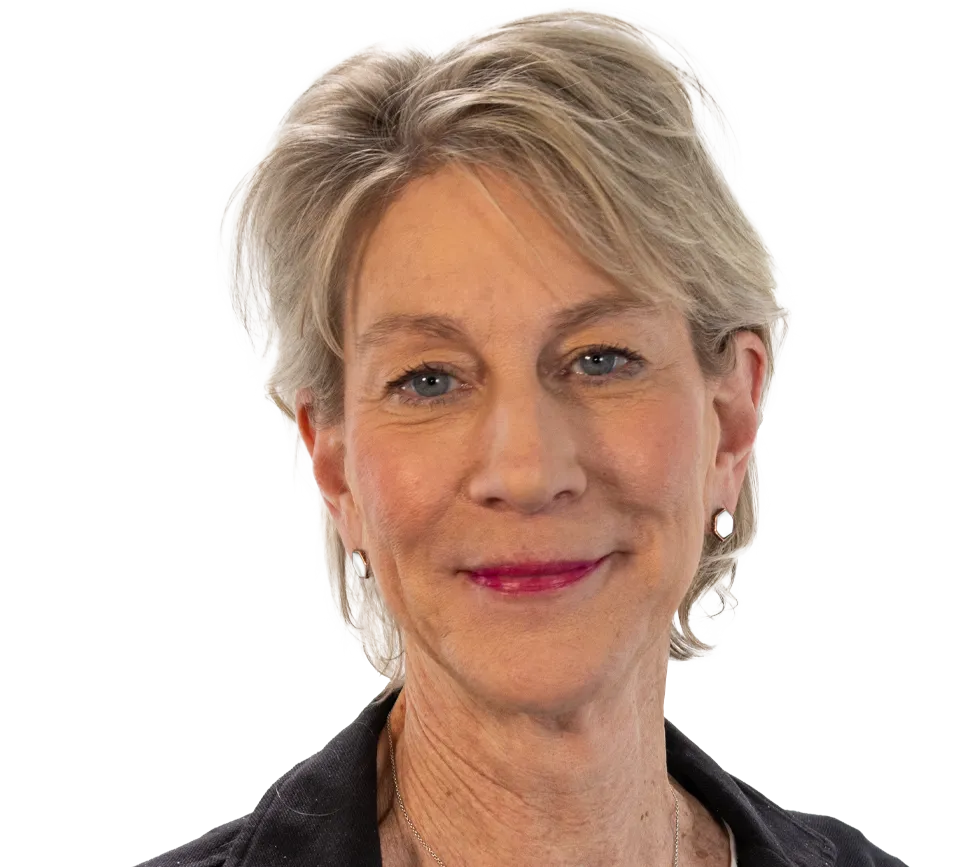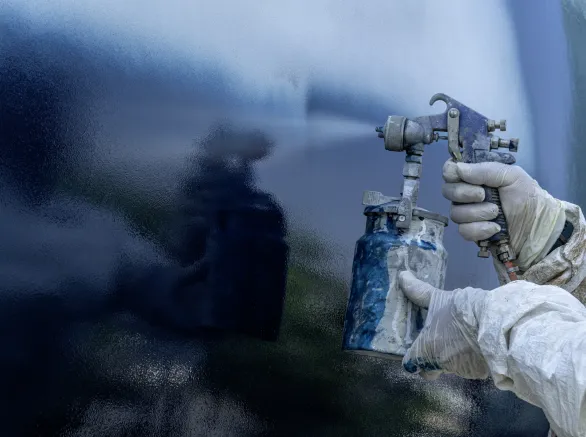

- M.S., Air and Industrial Hygiene, University of North Carolina, Chapel Hill, 1983
- B.S., Environmental Science, Purdue University, 1981
- Certified Industrial Hygienist (CIH)
- University of California - Davis, Continuing and Professional Education, Instructor
- American Industrial Hygiene Association
- Northern California American Industrial Hygiene Association
- American Society for Testing Material, Risk Assessment Committee (former member)
Ms. Kalmes is a certified industrial hygienist with over 25 years of experience. In this role, she is responsible for designing, conducting, and managing technical studies addressing community, occupational and consumer exposure to chemical agents, including studies to simulate and reconstruct potential worker and residential historical exposures to asbestos, nanoparticles, benzene, formaldehyde, styrene, silica, carbon monoxide, phthalates, lead, metals, and a variety of volatile organic compounds (VOCs). Ms. Kalmes has also prepared TSCA Risk Assessments including evaluation of EPA Test Order protocols for collection of worker exposure and consumer product emission data.
Ms. Kalmes has performed comprehensive health investigations related to industrial settings, environmental contamination, and indoor air quality. She has conducted hazardous materials assessments, industrial hygiene surveys, environmental audits for the public and private sector, and provided recommended strategies for worker health and safety compliance programs, including preparation and review of Material Safety Data Sheets (MSDSs). Ms. Kalmes' evaluations included review of safe chemical handling procedures, spill and leak procedures, use of personal protective equipment, ventilation, and employee training and chemical inventory procedures. Ms. Kalmes has developed and conducted more than 100 hazard communication training programs.
Ms. Kalmes has practiced in the field of environmental risk and prepared over 200 regulatory human health environmental risk for various properties including former landfills; industrial, residential, recreational, and agricultural properties; and schools. These properties included Brownfields sites. She has evaluated potential exposure to various VOCs, including trichloroethylene (TCE) and tetrachloroethylene (PCE), metals, pesticides, polychlorinated biphenyls (PCBs), dioxins, and petroleum products in soil, groundwater, and air. She has evaluated soil vapor intrusion issues through the use of soil vapor modeling and air monitoring tools. Ms. Kalmes has developed and conducted environmental sampling programs; analyzed data collected from water, soil, and air; evaluated estimated media concentrations through the use of fate and transport models; assessed various regulatory toxicity benchmarks; and developed exposure and risk calculations to provide an analysis of potential health risk estimates to help determine the need for further action at various sites. She has communicated risk results and explained how regulatory risk assessments are used to a variety of stakeholders, including neighborhood, worker, and community groups.
Ms. Kalmes has conducted numerous exposure assessment analyses of community and occupational exposure data for use in cohort and case-control epidemiologic studies (i.e., human exposure studies). In this role, she has designed and managed air sampling programs to evaluate various job classifications to be used in epidemiological studies for chemicals including beryllium, pesticides, petroleum, sulfides, and chlorinated hydrocarbons.
Ms. Kalmes also specializes in conducting and directing studies to assess potential exposure to consumer and personal care products, including evaluation of lead, cadmium, phthalates, silica, trace constituents (i.e., solvents, benzene, toluene, ethyl benzene), diethanolamine (DEA), arsenic, formaldehyde, bisphenol A (BPA), bisphenol S (BPS), PFAS and flame retardants. She has developed sampling protocols to evaluate FDA, CPSC, and Proposition 65 claims, specifically addressing dermal contact and incidental ingestion associated with hand-to-mouth activities. She has provided exposure assessment and toxicology support for consumer product recall claims. Ms. Kalmes has assisted numerous companies in establishing programs to address Proposition 65, restricted chemical listings, and green chemistry initiatives.
Ms. Kalmes has taught numerous courses on risk assessment, industrial hygiene, and toxicology at the University of California Extension Program. Ms. Kalmes has been an invited speaker at numerous professional conferences and is frequently invited to speak and lecture on exposure assessment methods. Ms. Kalmes often interacts with local and state regulatory agencies and has testified as an expert in the area of exposure assessment, industrial hygiene, Proposition 65, Hazard Communication, and human health risk assessment.
